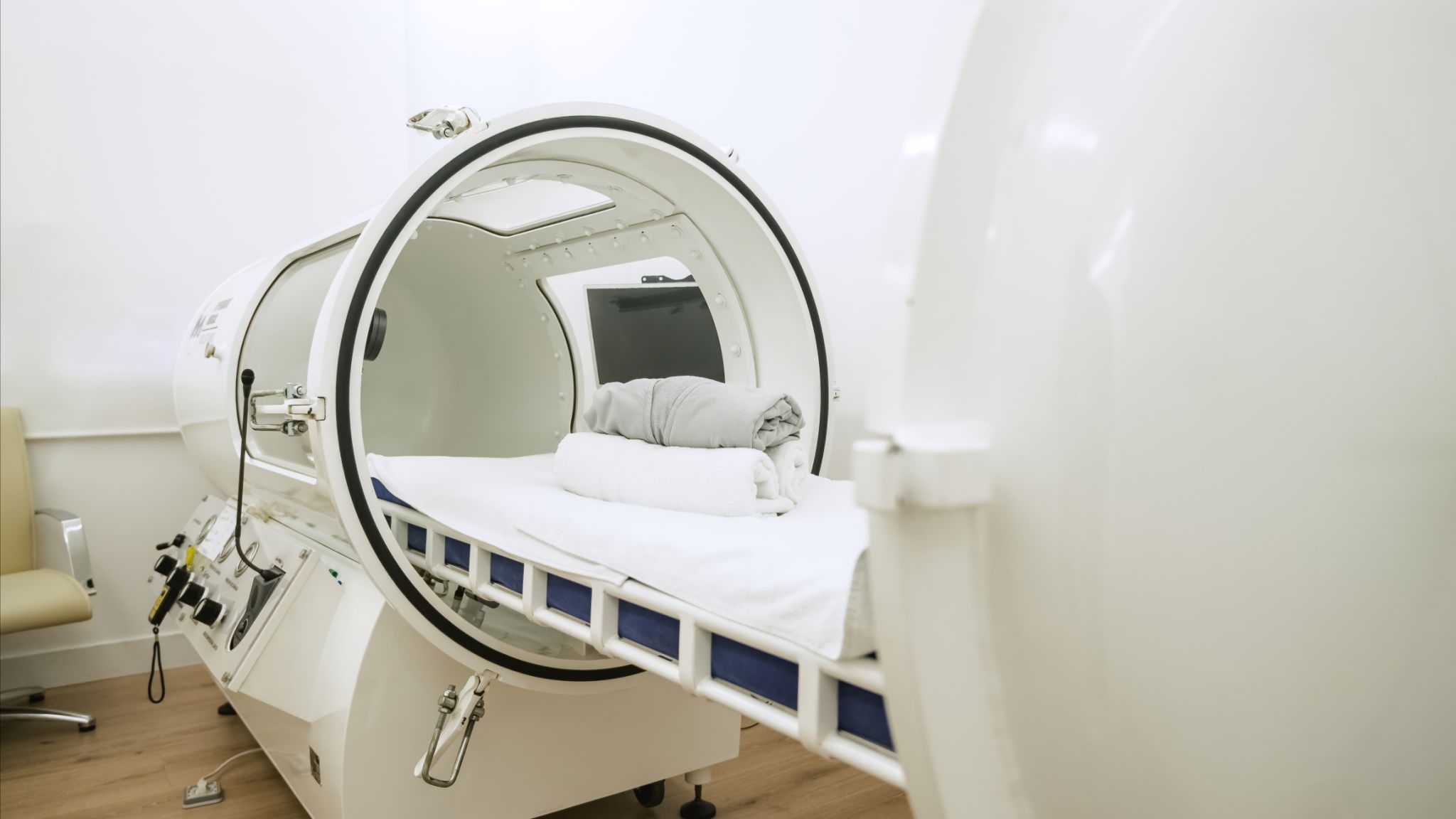Understanding the Benefits of Oxygen in Medical Applications
Introduction to Oxygen in Medical Applications
Oxygen is essential for sustaining life, and its applications in the medical field are vast and critical. From emergency medicine to chronic care management, oxygen plays a vital role in improving patient outcomes. Understanding these benefits can help healthcare professionals make informed decisions about oxygen therapy and its implementation.

The Role of Oxygen in Respiratory Therapy
One of the primary uses of oxygen in medicine is for respiratory therapy. Oxygen therapy is a treatment that provides extra oxygen to patients who cannot get enough on their own due to conditions like COPD, pneumonia, or asthma. This therapy helps improve blood oxygen levels, alleviating symptoms and promoting better health.
The proper administration of oxygen can reduce shortness of breath and enhance the quality of life for patients with chronic respiratory diseases. It can also significantly decrease the risk of complications, making it a cornerstone in respiratory care.
Emergency Medicine and Critical Care
In emergency medicine, oxygen is a crucial component of patient management. It's used in various situations, such as heart attacks, trauma, and shock, where ensuring adequate oxygenation is vital for survival. Oxygen administration can stabilize patients until further interventions are available.

In critical care settings, oxygen is administered to support organ function and reduce the stress on the heart and lungs. It is also used in anesthetic practices to maintain adequate tissue oxygenation during surgical procedures.
Hyperbaric Oxygen Therapy
Hyperbaric Oxygen Therapy (HBOT) is a specialized medical treatment that involves breathing pure oxygen in a pressurized room or chamber. This therapy is used to treat various conditions, including decompression sickness, carbon monoxide poisoning, and chronic non-healing wounds.
HBOT enhances the body's natural healing processes by increasing the amount of oxygen in the blood. This increased oxygen delivery can promote angiogenesis and expedite recovery from certain injuries and infections.

Oxygen's Impact on Cellular Function
At the cellular level, oxygen is crucial for energy production. Cells use oxygen to convert glucose into ATP, providing energy necessary for various bodily functions. Without sufficient oxygen, cells cannot perform effectively, leading to tissue damage and impaired organ function.
The administration of supplemental oxygen ensures that tissues receive adequate oxygen, especially during periods of increased demand or compromised supply, such as during surgery or acute illness.
Considerations for Oxygen Use
While oxygen therapy has numerous benefits, it is essential to use it appropriately. Overuse or improper administration can lead to complications such as oxygen toxicity or respiratory depression. Healthcare providers must carefully assess each patient's needs to determine the appropriate level of oxygen therapy.
- Regular monitoring of blood oxygen levels
- Adjustment of oxygen flow rates based on individual needs
- Education on the safe use of home oxygen systems
Conclusion
The benefits of oxygen in medical applications are undeniable. From enhancing respiratory function to supporting critical care interventions, this vital element plays a crucial role in modern medicine. By understanding its applications and potential risks, healthcare providers can optimize patient care and improve outcomes.
